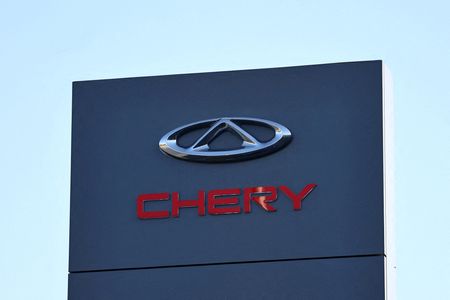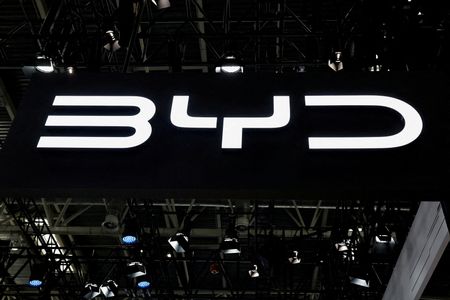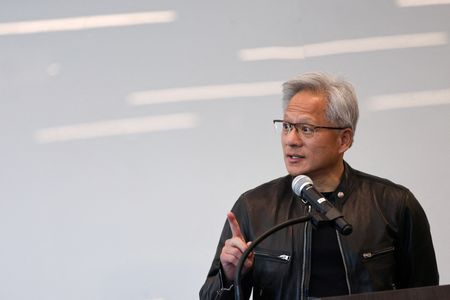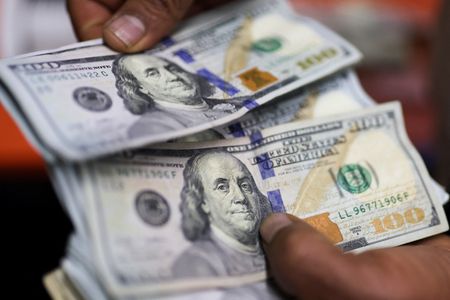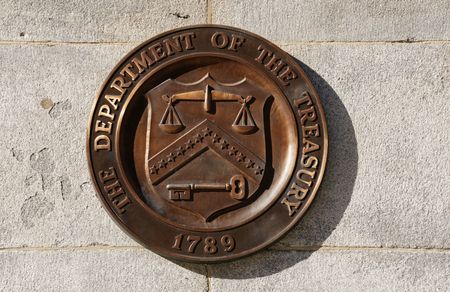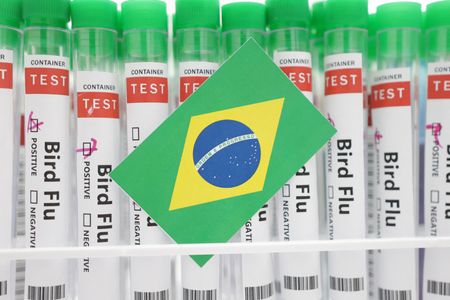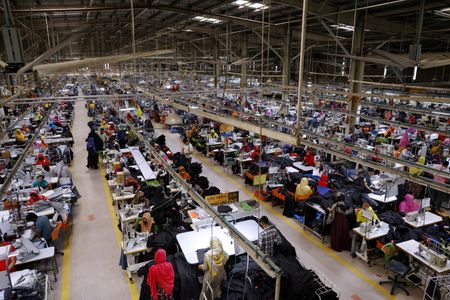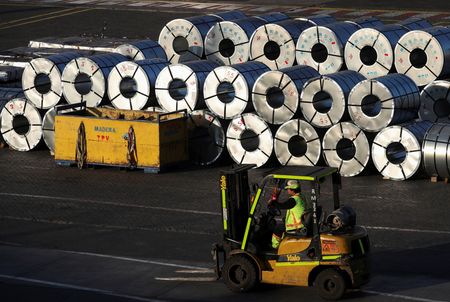SHANGHAI/BEIJING (Reuters) -China’s Chery and BYD improperly claimed a combined $53 million in government subsidies for eco-friendly vehicles sold in the five years to 2020, accounting for nearly 60% of improper claims, an industry ministry audit found.
The audit documents did not lay out any penalties or mention reimbursement, but the government has previously said automakers will have to repay subsidies for vehicles found not to have met mileage requirements.
The audit found 21,725 vehicles should not have received subsidies that totalled 864.9 million yuan ($121 million), documents published by the Ministry of Industry and Information Technology last month showed.
Chery had 7,663 vehicles disqualified while BYD had 4,973.
The ministry, Chery and BYD did not reply to requests for comment.
Repaying subsidies has the potential to exacerbate pain for China’s automakers as the industry grapples with excess capacity and the fallout from a prolonged and fierce price war that has hit profitability and set dealers and suppliers at odds with manufacturers.
China’s top leaders have pledged to increase regulation of pricing and support the orderly phasing out of outdated production capacity, state media reported this month.
China provided generous subsidies for new energy vehicles between 2009 and 2022 to promote the adoption of electric, plug-in hybrid, and fuel cell vehicles.
That worked and sales of such vehicles began surpassing gasoline-powered car sales on a monthly basis since March.
The ministry report collated audits by local governments, which are now doing more audits for 2021 and 2022.
($1 = 7.1766 Chinese yuan)
(Reporting by Zhang Yan, Qiaoyi Li and Casey Hall; Editing by Miyoung Kim and Edwina Gibbs)

